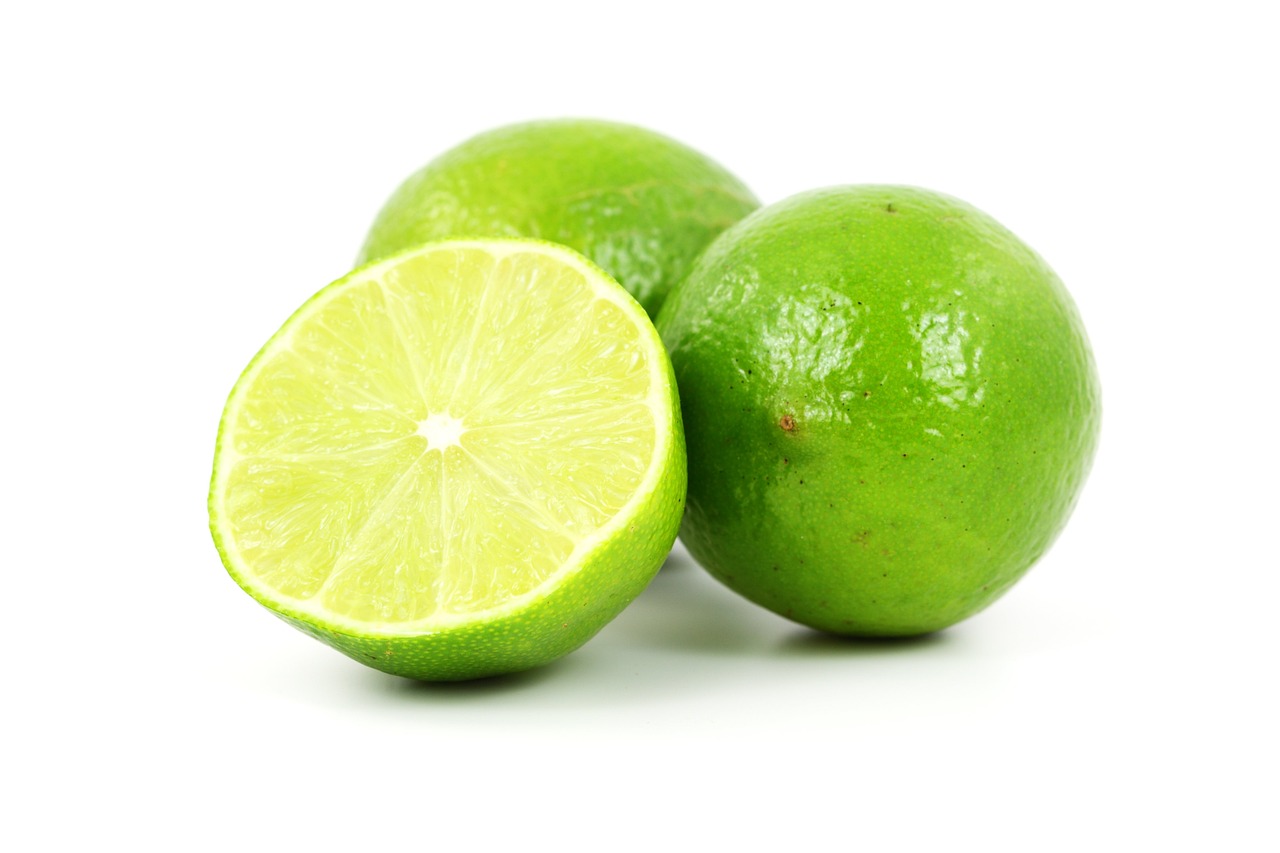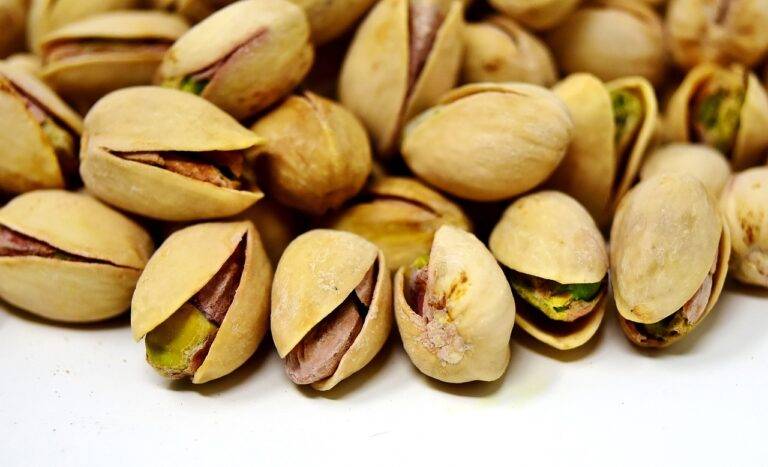The Science of Fermented Foods: Gut Health and Beyond
Fermentation offers a range of benefits that contribute to overall health and well-being. One of the key advantages is the preservation of food, extending its shelf life and reducing food waste. Fermented foods also promote gut health by introducing beneficial bacteria to the digestive system, aiding in digestion and supporting the immune system.
Furthermore, fermented foods can enhance the flavor profile of dishes, adding depth and complexity to various recipes. The process of fermentation not only improves the taste of food but also increases its nutritional value, making it a valuable addition to a balanced diet. By incorporating fermented foods into daily meals, individuals can experience a multitude of health benefits that contribute to their overall wellness.
The Process of Fermentation
Fermentation is a natural process that involves the breakdown of sugars by microorganisms such as yeast and bacteria. This metabolic process yields various byproducts, including alcohol, lactic acid, and carbon dioxide. During fermentation, these microorganisms convert sugars into energy, producing the desired end products.
The process of fermentation typically occurs in anaerobic conditions, meaning without the presence of oxygen. This environment allows the microorganisms to thrive and carry out the necessary chemical reactions. Through controlled conditions and specific treatment of ingredients, fermentation enables the transformation of raw materials into a wide range of flavorful and preserved products, such as beer, wine, cheese, and pickles.
What are some benefits of fermentation?
Fermentation can help preserve food, enhance the nutritional value of certain foods, and create unique flavors and textures.
How does the process of fermentation work?
During fermentation, microorganisms such as bacteria, yeast, or molds break down sugars and produce acids, gases, or alcohol. This process helps preserve and transform the food.
What are some common foods that undergo fermentation?
Some common fermented foods include yogurt, kimchi, sauerkraut, kombucha, and cheese.
How long does the fermentation process typically take?
The length of fermentation can vary depending on the food and the desired outcome, but it can range from a few days to several months.
Is fermentation safe?
When done properly, fermentation is a safe and natural process. However, it is important to follow proper procedures to prevent contamination and spoilage.





